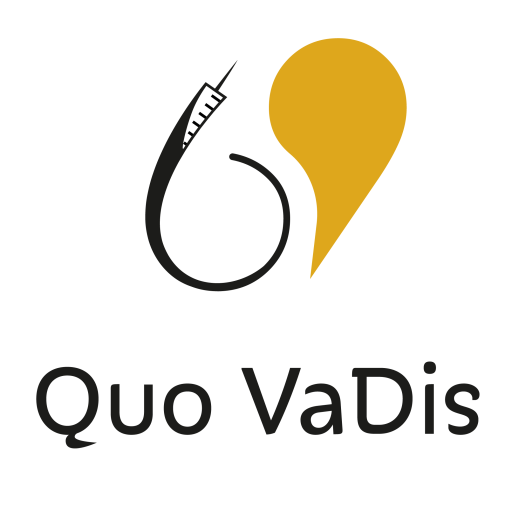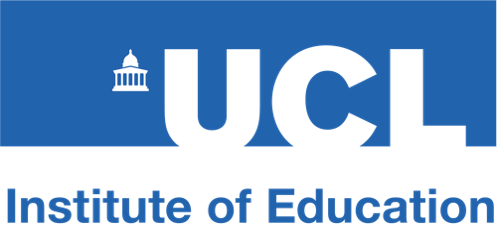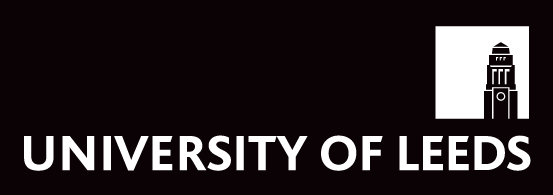Principal Investigator
Elena Semino is Professor of Linguistics and Verbal Art in the Department of Linguistics and English Language at Lancaster University, and Director of the ESRC Centre for Corpus Approaches to Social Science. She holds a Visiting Professorship at the University of Fuzhou in China. She specializes in health communication, medical humanities, corpus linguistics, stylistics, and metaphor theory and analysis. She has (co-)authored over 110 academic publications, including: Metaphor in Discourse (Cambridge University Press, 2008) and Metaphor, Cancer and the End of Life: A Corpus-based Study (Routledge, 2018). Her research has been funded by the Economic and Social Research Council, the Arts and Humanities Research Council, the Newton Fund and the British Academy. In the periods 2011-14 and 2015-18, she was Head of Lancaster University’s Department of Linguistics and English Language, which is consistently ranked in the top 15 Linguistics Department in the world. She is a Fellow of the RSA and of the UK’s Academy of Social Sciences.
Co-Investigators
Zsófia Demjén is Associate Professor of Applied Linguistics at the UCL Centre for Applied Linguistics, University College London. Her expertise is in discourse and corpus approaches to understanding illness and healthcare. Recent projects have focused on the ideologies of the UK hospice movement and its impact on what counts as a ‘good death’, the phenomenology of auditory verbal hallucinations, and how humour and metaphor can help people cope with cancer. She is author of Sylvia Plath and the Language of Affective States: Written Discourse and the Experience of Depression (2015, Bloomsbury), co-author of Metaphor, Cancer and the End of Life: A corpus-based study (2018, Routledge), editor of Applying Linguistics in Illness and Healthcare Contexts (2020, Bloomsbury), and co-editor of The Routledge Handbook of Metaphor and Language (2017). Her work has also appeared in the Journal of Pragmatics, Applied Linguistics, Metaphor and the Social World, Discourse Studies, International Journal of Corpus Linguistics, Health, Psychosis and the BMJ’s Medical Humanities among others.
Derek Gatherer is Lecturer in the Division of Biomedical and Life Sciences at Lancaster University. He specializes in bioinformatics with special reference to the genomics and evolution of pathogens and is a member of the working group of the International Committee on Taxonomy of Viruses. He has (co-)authored over 90 academic publications and also several dozen articles of scientific journalism and popular science. His work on the design of peptide synthetic multi-subtype influenza vaccines was listed by Wired magazine as the 14th most important scientific breakthrough of 2016. His previous research on respiratory viruses was funded by Rosetrees Trust and he is currently funded by the Ministry of Health of the Kingdom of Saudi Arabia to work on parasite and virus genomics. He is a Fellow of the Institute for Social Futures, where he is working on how the constraints of human biology will affect our capacity to adapt to a changing planet.
Claire Hardaker is a senior lecturer in forensic corpus linguistics in the Department of Linguistics and English Language at Lancaster University. Hardaker researches online aggression, deception, and manipulation, which covers topics as diverse as disinformation to trolling to romance scams. She also directs the Forensic Linguistics Research Group (FORGE); provides consultancy, research, and expert evidence; undertakes media work, such as documentaries, news interviews, and writing articles for the press; and produces the en clair podcast about forensic linguistics, literary detection, language mysteries and more. Hardaker is currently involved in two large projects, both under the remit of CASS – one investigating the representation of mental health online before and during Covid, and this Quo VaDis project.
Vaclav Brezina is a Senior Lecturer in the Department of Linguistics and English Language at Lancaster University. He specialises in corpus linguistics, statistics, and the application of corpus methods in the study of speech and writing, focusing specifically on learner language, collocations, phraseology and vocabulary. His academic contributions include Statistics in Corpus Linguistics: A Practical Guide (Cambridge University Press, 2018), the creation of the 4.1 million words Trinity Lancaster Corpus of spoken L2 English interaction (2019) and the corpus processor #LancsBox (v. 4, 2018).
Alice Deignan is Professor of Applied Linguistics at the School of Education, University of Leeds, and from 2017- 2021 was also Head of School. She is the author of Metaphor and Corpus Linguistics (John Benjamins, 2005/ 2008) and co-author of Figurative Language, Genre and Register (Cambridge University Press, 2013). She uses corpus linguistics and discourse analysis techniques to study specialist language, with particular focus on non-literal language and the language of different genres. She led an AHRC funded research project on the language of climate change, studying how expert knowledge is re-worded in educational and popular materials, and articulated by school students. She currently leads a large ESRC funded corpus project analysing the language of the transition from primary to secondary school, and how this contrasts with the language encountered by students outside school. Her work on how language can present barriers to accessing the school curriculum, and how students can be supported to overcome these, is followed by teachers and other education professionals, and she speaks regularly to audiences of educationalists as well as academics.
Professor Robert Geyer

Robert Geyer is a Professor in the Department of Politics, Philosophy and Religion at Lancaster University. He has been applying complexity thinking to a range of policy areas for nearly two decades. His more recent monographs and edited books on complexity and policy include: (co-authored with Neil Harrison) Governing Complexity in the 21st Century (forthcoming); (edited with Paul Cairney) Handbook on Complexity and Public Policy (2015); (co-authored with Samir Rihani) Complexity and Public Policy (2010) and (co-edited with Jan Bogg) Complexity, Science and Society, (2007). He has published in a wide range of journals on complexity and international relations, the EU, UK politics, health policy, education policy, development policy and other areas. In particular, he has published a number of articles with Eleanor Brooks on EU health policy and drug regulation and advertising. He has obtained research funding from the ESRC, EPSRC, British Academy, European Science Foundation and others and been a visiting scholar at universities in Norway and the USA.
Richard Gleave

Richard Gleave is Director of Science Strategy and Development at the UK Health Security Agency, having been the Deputy Chief Executive and Chief Operating Officer at Public Health England, between 2013 and 2021. He has worked in health and healthcare for 30 years as an executive for combined hospital and community provider trusts (including being Chief Executive of the Royal United Hospital Bath), a senior civil servant (where he was the Director of NHS Performance) and as an academic. He is a Senior Associate Tutor and a D Phil student at the University of Oxford where his dissertation is about how national public health institutes use evidence to influence public health policy and practice. He was previously a lecturer at Newcastle University and a 2007-08 Harkness Fellow attached to Kaiser Permanente and University of California, Berkeley, looking at performance improvement in integrated delivery systems across the US.
Senior Research Associates
Tara Coltman-Patel is a Senior Research Associate within the Centre for Corpus Approaches to Social Sciences at Lancaster University. She specialises in corpus linguistics, discourse analysis, health communication and weight discrimination. Her previous research has focused on media representations of weight, with a specific focus on misinformation and discrimination. She has a forthcoming book, (Mis)Representing Obesity in the British Press: Fear, Divisiveness, Shame and Stigma due for publication in 2022. This will explore how language is a vessel through which media misinformation, sensationalism and capitalism contribute towards societies fundamental misunderstanding, disgust and antipathy towards obesity. Alongside research, Tara has worked as a lecturer in Linguistics and as a consultant to the World Obesity Federation, advising and creating content for a global campaign centred around weight stigma.
William Dance is a Senior Research Associate in the Linguistics and English Language Department at Lancaster University, UK. His research explores the intersection between social media and deception by investigating the spread of online disinformation. Dance’s research combines diachronic, historical approaches to studying language with contemporary social media datasets and uses this to look at the development of disinformation over centuries. His work examines online manipulation and deception, accounting for key historical moments alongside modern developments such as information warfare, computer-mediated communication, and social media. Dance has published on social media users’ motivations for sharing disinformation, new methods of analysing hostile-state information operations (HSIOs) and constructing multimodal corpora, and has forthcoming works exploring algorithmic disinformation and the spread of online disinformation. Dance has previously worked as a Counter-Disinformation Policy Advisor for the Department for Digital, Culture, Media and Sport (DCMS) and with the BBC’s Digital Elections team to help shape policy and inform the public about online manipulation and disinformation.











